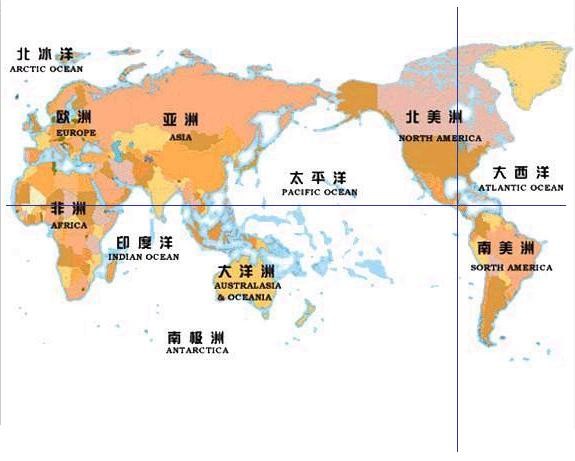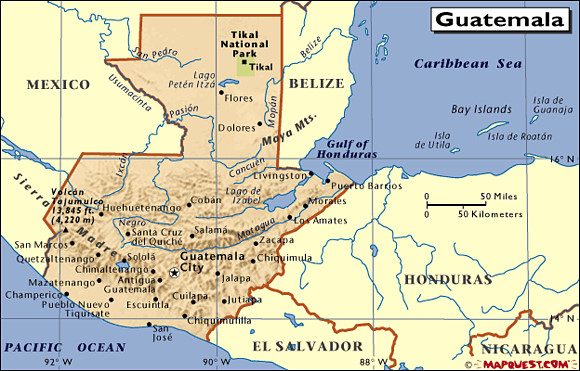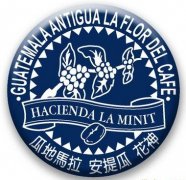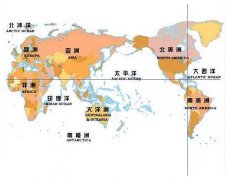Coffee. Guatemala Antigua coffee with tobacco flavor.


Flavor and taste characteristics: full-bodied, rich taste, with tobacco flavor.
Antigua from Guatemala must be on the menu of some upscale cafes in the "Coffee of Origin" column. People who like it always keep in mind its special smoke smell. Coffee has created prosperity for Guatemala. To this day, coffee still affects the Guatemalan economy.
Antigua is the oldest and most beautiful city in America. As early as 1543, Antigua was the capital of all colonial times in Central America, and the Government House of Spain was also set up here. The whole city of Antigua was destroyed after the great earthquake of 1773, so the capital was moved to Guatemala City. Antigua is about 40 kilometers west of Guatemala City. Colonial buildings were damaged by the earthquake, and the whole remains after the earthquake is a living museum of history. Antigua coffee is produced in Antigua. It is grown on the hillsides of the volcano and grows naturally in full rain and sunlight.
Antigua coffee can be traced back to the Mayan civilization. Due to the eruption of the volcano, the soil here is more nutritious, and the sufficient sunlight and moisture also make the coffee produced excellent quality. Most importantly, the residents here insist on growing Arabica bourbon coffee, although the yield is small, but the texture is better. The residents of Antigua prefer an one-time harvest because they grow coffee in a large area, and use the ancient sun method to remove the skin and flesh of the coffee fruit. People pluck the ripe fruit and the immature fruit together, and even mix the leaves with them and expose them to the sun. Spread out on the ground for such a long time, coffee beans are easy to absorb the miscellaneous smell of the soil, so they often have a strange salty taste. Beginners often can't stand the strange taste, but people who are used to it like it very much. Coffee farmers in Antigua earn very little. But they themselves said: even if they are poor, they are still happy because of coffee.
Antigua coffee is smooth in taste and slightly charcoal-burning in aromatic alcohol, just like the sweetness of chocolate mixed with smoke. This kind of charcoal burning TOEFL in the nearby area, the volcano erupts every 30 years, allowing coffee trees to fully absorb the nitrogen emitted by the volcano during the eruption. Because of this unique charcoal incense, Antigua coffee is also known as "cigarette coffee". In fact, coffee produced in other countries near volcanoes has a similar smoke smell, but without the pure aroma of Antigua coffee. Almost all the coffee produced in Antigua retains this unique smell of smoke to the greatest extent. Among them, the most authentic is the coffee grown on Kamana Farm, which has always been considered to be the top coffee in Antigua. Its granules are fuller, the smoke is stronger, the aroma is slightly sour and sweet, and the aroma is more complex than other coffee. Antigua coffee has a strong aroma, even if you don't drink it, just smelling it is already a pleasure. Antigua coffee has a rich and velvety mellow, rich and lively aroma, and fine sour taste. When the attractive fragrance lingers on the tip of your tongue, there is an indescribable mystery. You may feel dull at the first sip, but as the coffee cools down, you will find it slightly sweet and be surprised by its depth. When tasting Antigua coffee, you can taste it with cocoa powder to make Antigua coffee smoother and softer.
The Mayans disappeared, but left great coffee for the world.
Important Notice :
前街咖啡 FrontStreet Coffee has moved to new addredd:
FrontStreet Coffee Address: 315,Donghua East Road,GuangZhou
Tel:020 38364473
- Prev

The origin of coffee beans Antigua coffee in Guatemala
Coffee was really introduced into Guatemala in 1750 by Father Jesuit, where the coffee industry was developed by German colonists at the end of the 19th century. Today, most of the coffee industry's production takes place in the south of the country. Guatemala has seven main coffee producing areas: Antigua (Antigua), Cobain (Coban), Lake Attilan (Atitlan), Vevetnango (Huehuetenango)
- Next

Cuban coffee beans explain the flavor of Crystal Mountain Coffee in detail
Cuba: Crystal Mountain Coffee flavor and taste characteristics: full of particles, uniform taste, the Republic of Cuba is located in the West Indies, has a detached and primitive natural environment, the beautiful Caribbean Sea and the world-famous Crystal Mountain Coffee. In 1748, coffee was introduced into Cuba from Domiga, and Cuba began to grow coffee ever since. The land in Cuba is fertile and the climate is humid.
Related
- Beginners will see the "Coffee pull flower" guide!
- What is the difference between ice blog purified milk and ordinary milk coffee?
- Why is the Philippines the largest producer of crops in Liberia?
- For coffee extraction, should the fine powder be retained?
- How does extracted espresso fill pressed powder? How much strength does it take to press the powder?
- How to make jasmine cold extract coffee? Is the jasmine + latte good?
- Will this little toy really make the coffee taste better? How does Lily Drip affect coffee extraction?
- Will the action of slapping the filter cup also affect coffee extraction?
- What's the difference between powder-to-water ratio and powder-to-liquid ratio?
- What is the Ethiopian local species? What does it have to do with Heirloom native species?

